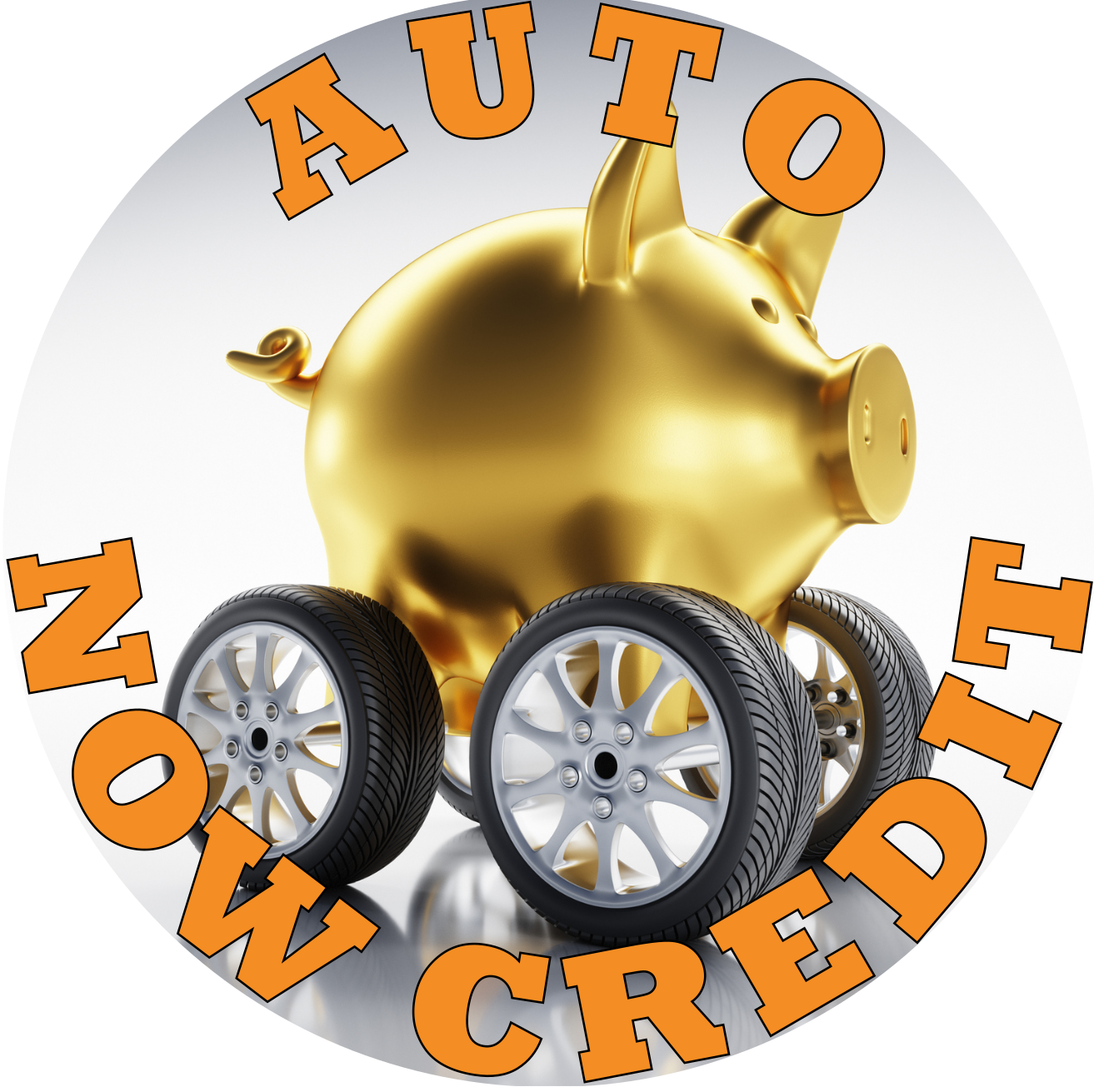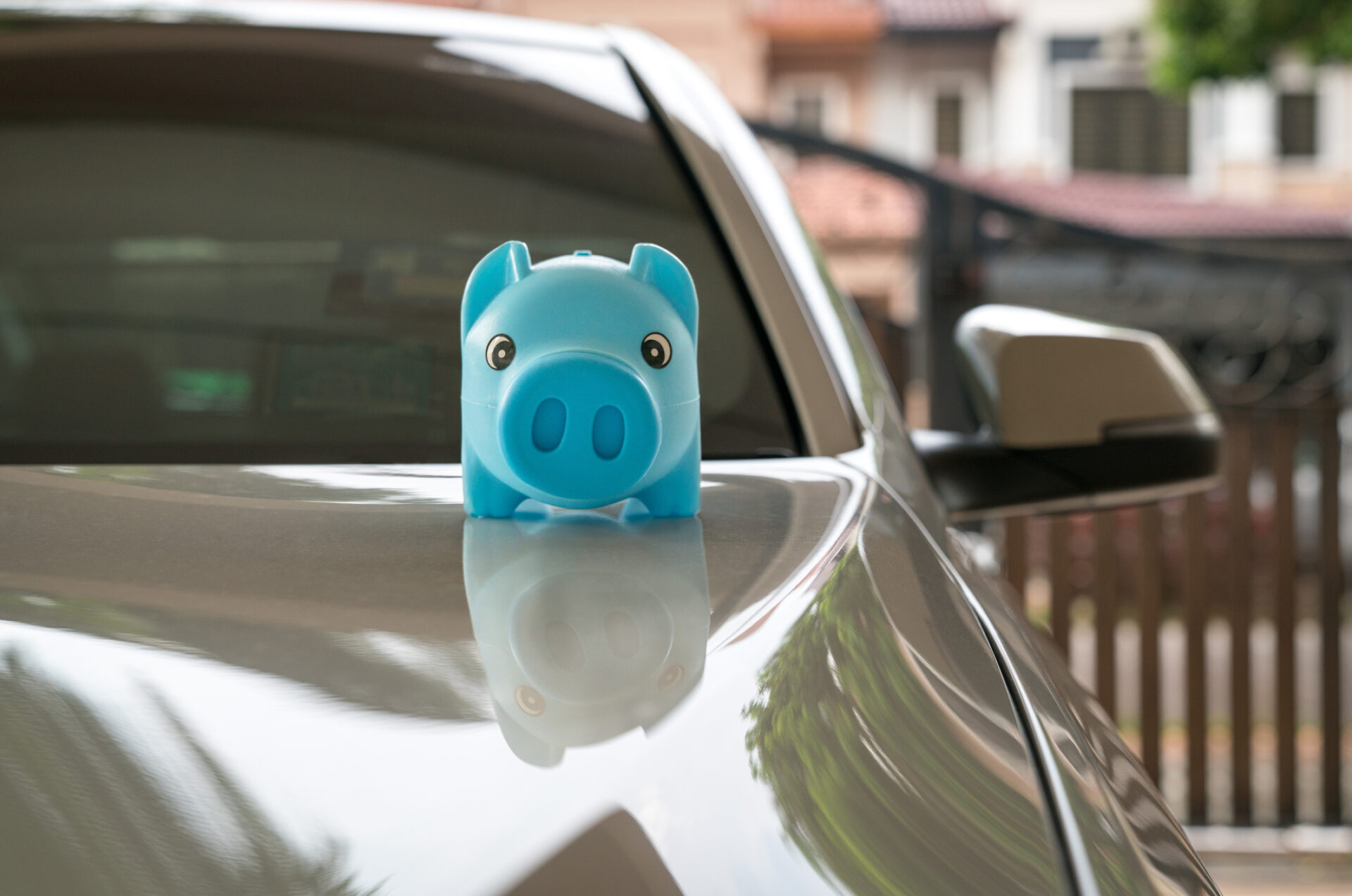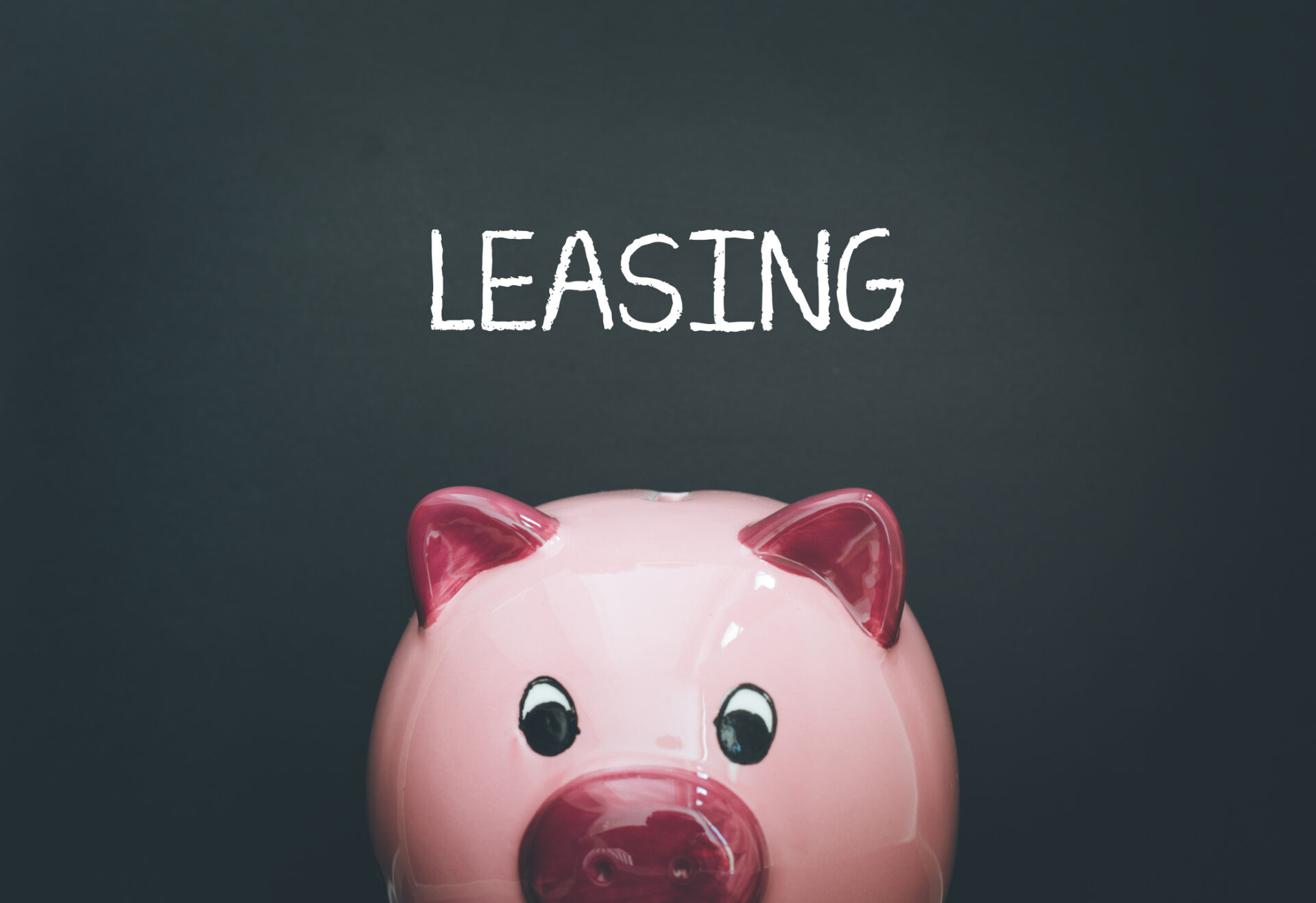Table of Contents
Looking to finance your dream car but confused about the options available? Dive in as we unravel the intricacies of secured car loans, contrast them with unsecured counterparts, and spotlight why “Auto Now Credit” is your go-to for car financing solutions.
What is a Secured Car Loan?
The Mechanics of Secured Car Loans
- Eligibility - Steady income, solid credit history, and proof of residency usually top the list.
- Car Specifications - Lenders may have requirements on the type, value, age, or mileage of the car.
- Application Process - Typically online or in person, where you provide personal, financial, and car details.
- Approval - Post a credit check, the lender decides on your interest rate and loan terms.
Pros of Secured Car Loans
- Attractive Interest Rates - The collateral ensures lower interest rates than unsecured loans.
- Higher Loan Amounts - The security allows lenders to grant higher loan amounts.
- Flexible Repayment Terms - Longer repayment durations can be availed, easing monthly financial strain.
- Accessibility - Even those with a not-so-perfect credit history might qualify.
Cons of Secured Car Loans
- Risk of Repossession - Defaulting could lead to the car being repossessed.
- Additional Fees - The associated legalities might usher in extra charges.
- Car Restrictions - Limited choices based on lender's requirements for the car's type or value.
Secured Car Loans: Fixed vs. Variable Rates
- Fixed Rate - Offers stability in repayments irrespective of market fluctuations.
- Variable Rate - The interest rate varies based on market conditions, which could be a boon or a bane.
Your choice between the two should be based on your risk appetite and financial forecast.
Things to Ponder Before Opting for a Secured Car Loan
- Interest Rates - Always consider the comparison rate which includes all costs.
- Fees - From establishment to service fees, be aware of all charges.
- Loan Tenure - Choose a repayment term that aligns with your financial comfort.
- Loan Amounts - Ensure the loan amount suits your car purchase plans.
- Extra PaymentsIf you plan on making additional payments, ensure your loan allows for it without penalties
- Additional Perks - Look for any extra features that might be beneficial.
Understanding Loan-to-Value (LTV) in Secured Car Loans
A lower LTV usually indicates lower risk for the lender since they are loaning a smaller percentage relative to the car's value. This could potentially lead to more favourable loan terms and interest rates for the borrower.
Why Credit Scores Matter in Secured Car Loans
The Role of Down Payments
Auto Now Credit's Approach to Down Payments
Secured Car Loans and Depreciation
Secured Car Loans and Depreciation
Balloon Payments in Secured Car Loans: What You Should Know
How Do Balloon Payments Work?
Advantages of Balloon Payments
- Lower Monthly Payments - The primary advantage is the reduced monthly payments throughout the loan's tenure. This can provide financial relief, especially if you're on a tight budget.
- Flexibility - If you're expecting a lump sum of money in the future, whether it's from an investment, a bonus, or any other source, a balloon payment can align with this expected cash influx.
Drawbacks of Balloon Payments
- Larger Final Payment - The most obvious drawback is the sizable payment due at the end of the loan term. If you're not prepared, this can cause significant financial strain.
- Potential for Higher Interest - Over the life of the loan, you might end up paying more in interest with a balloon payment structure compared to a standard loan, especially if you refinance the balloon amount.
- Risk of Negative Equity - If the value of the car decreases rapidly, you might find yourself in a situation where the car's value is less than what you owe, especially when the balloon payment is due.
Auto Now Credit and Balloon Payments
FAQ
What is a secured car loan?
A secured car loan is a type of loan where the car you purchase is used as collateral. This means if you default on your payments, the lender can repossess the car to recover their money.
How does a secured car loan differ from an unsecured car loan?
An unsecured car loan doesn’t use the car as collateral. As a result, it typically has higher interest rates due to the increased risk for the lender. On the other hand, secured loans often offer lower interest rates since the lender has the security of the car as collateral.
Can I qualify for a secured car loan with bad credit?
Yes, secured car loans can sometimes be easier to obtain with bad credit compared to unsecured loans since the lender has the car as collateral, reducing their risk. However, interest rates might be higher for those with poor credit.
What happens if I can't make my payments on a secured car loan?
If you default on your payments, the lender has the right to repossess the car. It’s essential always to communicate with your lender if you anticipate payment difficulties.
Can I make extra payments on my secured car loan?
Most lenders allow extra payments, but it’s essential to check if any penalties or fees apply for early repayments.
What is a balloon payment in the context of a secured car loan?
A balloon payment is a large, lump-sum payment made at the end of the loan term. This structure allows for smaller monthly payments during the loan’s duration, with a significant payment due at the end.
Is a down payment required for a secured car loan?
While some secured car loans might require a down payment, others might not. The down payment can influence your interest rate and monthly payment amount.
Can I get a secured car loan for a used car?
Yes, many lenders offer secured car loans for both new and used cars. However, the car’s age and condition might influence the loan terms and interest rate.
How are interest rates determined for secured car loans?
Interest rates are influenced by several factors, including your credit score, loan amount, loan term, the lender’s policies, and current market conditions.
Can I refinance a secured car loan?
Yes, if you find a lender offering a better rate or if your credit situation improves, you can consider refinancing your secured car loan to get more favourable terms.


